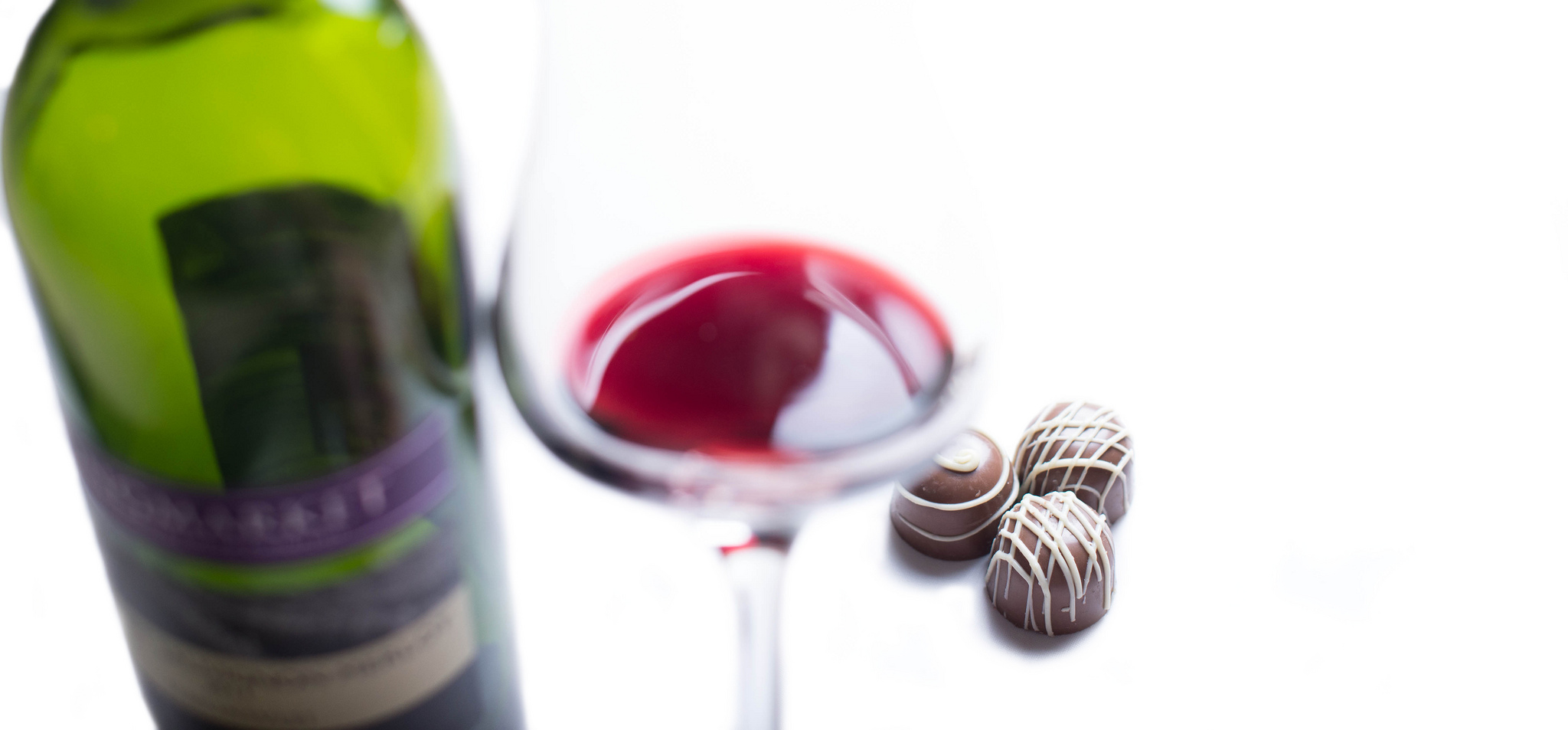The Corrupting Power of Cancer
When we think of antioxidants, we think of good, protective things, like blueberries, red wine, and dark chocolate (God, I love antioxidants). But cancer, that nefarious creature, finds a way to corrupt even the most benign cellular functions, bending them to its will in its selfish pursuit of proliferation.

Cancer researchers have found that certain types of cancer cells acquire what’s called multidrug resistance by producing lots of antioxidant enzymes and cellular pumps that export drugs out of the cell. This leads to cancers that are much harder to treat, as these cells can inactivate or expel drugs before they are able to perform their cancer-killing actions. How these cancers acquire multidrug resistance seemed to be linked to a type of cancer cell state known as a de-differentiation, but how de-differentiation leads to drug resistance was not understood until a recent publication in PLOS Biology from Catherine Del Vecchio, Piyush Gupta and co-authors at the Whitehead Institute.
So what is de-differentiation? To understand de-differentiation, one must first understand the process of differentiation. Stem cells have the capacity to become any specialized cell in the body, from a liver cell to a muscle cell to a skin cell. As a stem cell becomes a specialized cell, let’s say a skin cell, it loses the characteristics that make it a stem cell and gains the characteristics that make it a skin cell; this process is called differentiation. De-differentiation is the reverse of this process, where a skin cell loses its specialized characteristics and regains a more stem cell-like state. When de-differentiation occurs in cancer cells it results in the development of invasive and metastatic properties and is associated with poor prognosis.
Cancer promotes de-differentiation because less differentiated cells are better at proliferating than specialized cells, generally speaking. Additionally, as a tumor develops, the environment that the cancer cells experience becomes vastly different, forcing the cancer cells to adapt. Tumors are often nutrient-poor and lack adequate access to the blood stream, resulting in hypoxia and a buildup of cellular waste products. This toxic environment leads the cancer cells to turn on their antioxidant pathways to protect their ability to grow. And it turns out that it is this induction of the antioxidant pathways before chemotherapy that confers drug resistance on these de-differentiated cancer cells.
For the cell signaling nerds in the audience, the authors found that the master regulator of the oxidative stress response, the Nrf2 transcription factor, was activated in de-differentiated cancer cells by phosphorylation by the endoplasmic reticulum membrane kinase PERK in the absence of drug treatment and oxidative stress. Having Nrf2 constantly activated by PERK protected de-differentiated cells from chemotherapy by reducing reactive oxygen species and increasing drug efflux.
Now, back to the main point. While normal cells only activate their antioxidant pathways in response to oxidative stress (makes sense, huh?), cancer cells inhabit a stressful environment and thus already have their antioxidants on full bore. This makes the cancer cells able to withstand the additional stress caused by chemotherapy. Fortunately, now that we have a better grasp on the mechanism of drug resistance, therapies can be designed to target it. In fact, Del Vecchio and colleagues show that treatment with an inhibitor of the signaling pathway that turns on these antioxidants (i.e. a PERK inhibitor) re-sensitized cancer cells to chemotherapies. So we can reclaim antioxidants from the corrupting influence of cancer and return them to where they belong: our wine glass.

[…] The Corrupting Power of Cancer – Lauren Richardson – PLOS Blogs […]